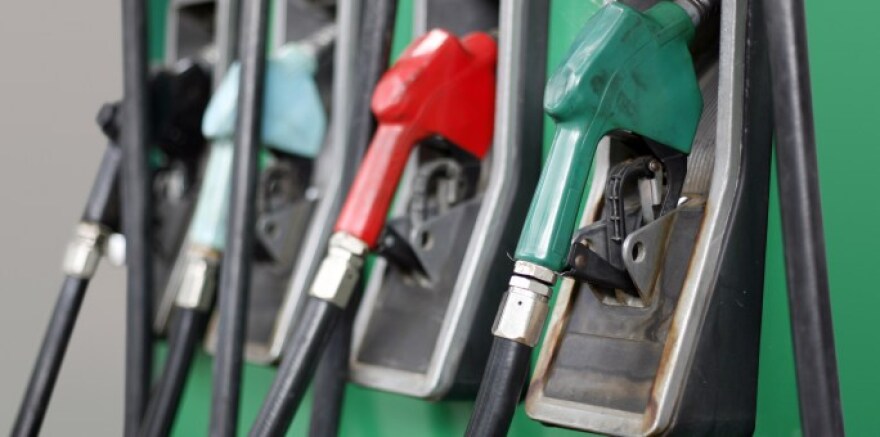Lawmakers in Washington state proposed a $16 billion transportation infrastructure bill which includes a gas tax on fuel exported to neighboring states like Idaho, Oregon and Alaska. Opposition to the idea has been swift and bipartisan, and is now beginning to escalate to retaliatory plans.
Idaho and Oregon’s governors have weighed in against it and the Idaho House Tuesday unanimously approved a memorial statement opposing the tax.
“The Legislature will take any and all actions necessary to block this new tax on the citizens of Idaho, who should never be subject to taxation without representation," reads part of the memorial.
"Our political leaders are generally quite unified in opposing this," said Suzi Budge, with the Idaho Petroleum Marketers and Convenience Store Association.
This week, Budge is attending the annual Western States Petroleum Marketers Association convention. She says her regional colleagues are working the phones with lawmakers and comparing notes, unified in opposition to the proposed tax.
Washington State Democrats say the six-cent-per-gallon tax on fuel exports is needed to fund ongoing transportation infrastructure projects. Estimates show the tax would provide about $2 billion annually.
According to a 2006 report by the Idaho Attorney General's office, about 70% of vehicle fuel imported to Idaho comes by pipeline from refineries in Utah. Some of that fuel destined for Idaho is piped to Pasco, Washington, where it's distributed to trucks for the return trip to Idaho. Some fuel Idaho receives is refined in Washington and barged up the Columbia River to the Pasco facility. Northern Idaho can get fuel from both Washington and Montana.
Budge, who said that 2006 report is still generally accurate, expects some resellers will find a way to bring fuel from Canada into the state.
"Petroleum is generally a fungible product, and so people that sell the product go to great lengths to get it wherever they need to get it in order to satisfy their business market," she said.
Budge didn't know exactly how much fuel coming into Idaho would be taxed but said even what's refined in Utah would be subject to the tax if it flows through the terminal in Pasco on its way back to Idaho.
She and others say the tax violates the commerce clause of the US Constitution.
"The sad news is, the surrounding states will extend a tremendous amount of revenue and resources fighting it in court," she said. Budge thinks Idaho and other states would win.
Washington State Republicans made similar arguments Tuesday during an attempt to strip the tax from the bill. They proposed replacing the fuel tax revenue in the broader transportation bill with state sales tax revenue. That effort failed 15-14, despite two Democrats joining Republicans in support of the plan. Similar efforts also failed in Washington's Senate.
Alaskan legislators Wednesday proposed a retaliatory tax: $15.75 per barrel of Alaskan crude oil bound for Washington. The NW News Network reports one Alaskan lawmaker also floated a tax on fish caught by out-of-state boats or a moorage tax. Budge admires the creativity.
"Maybe we should have put a tax on potatoes that we sell into Washington," she quipped. So far, no Idaho lawmakers have suggested retaliating.
Lawmakers in affected states have urged Washington Governor Jay Inslee to veto the legislation if it reaches his desk. The bill remains with the Washington State House Transportation Committee.



